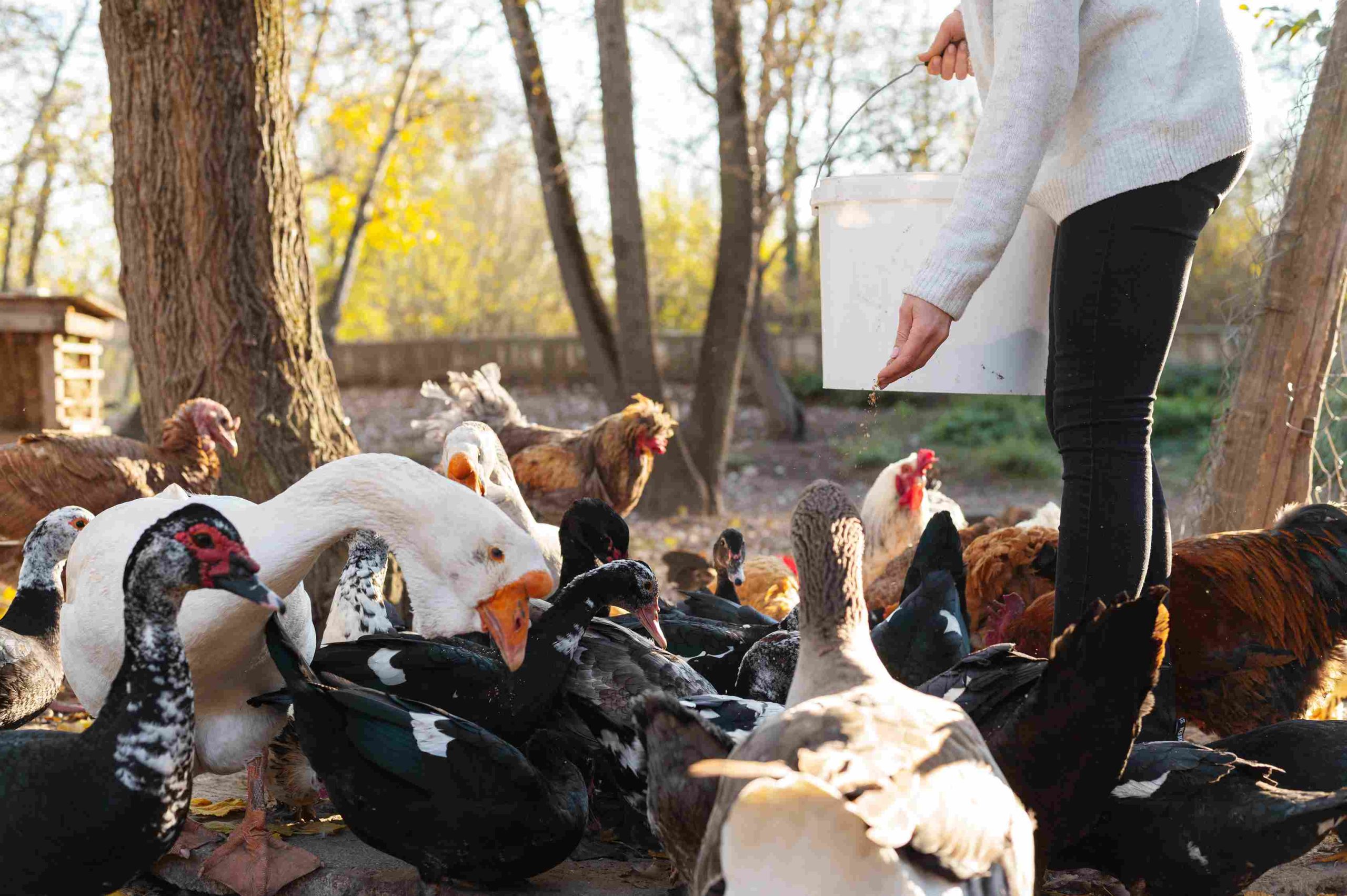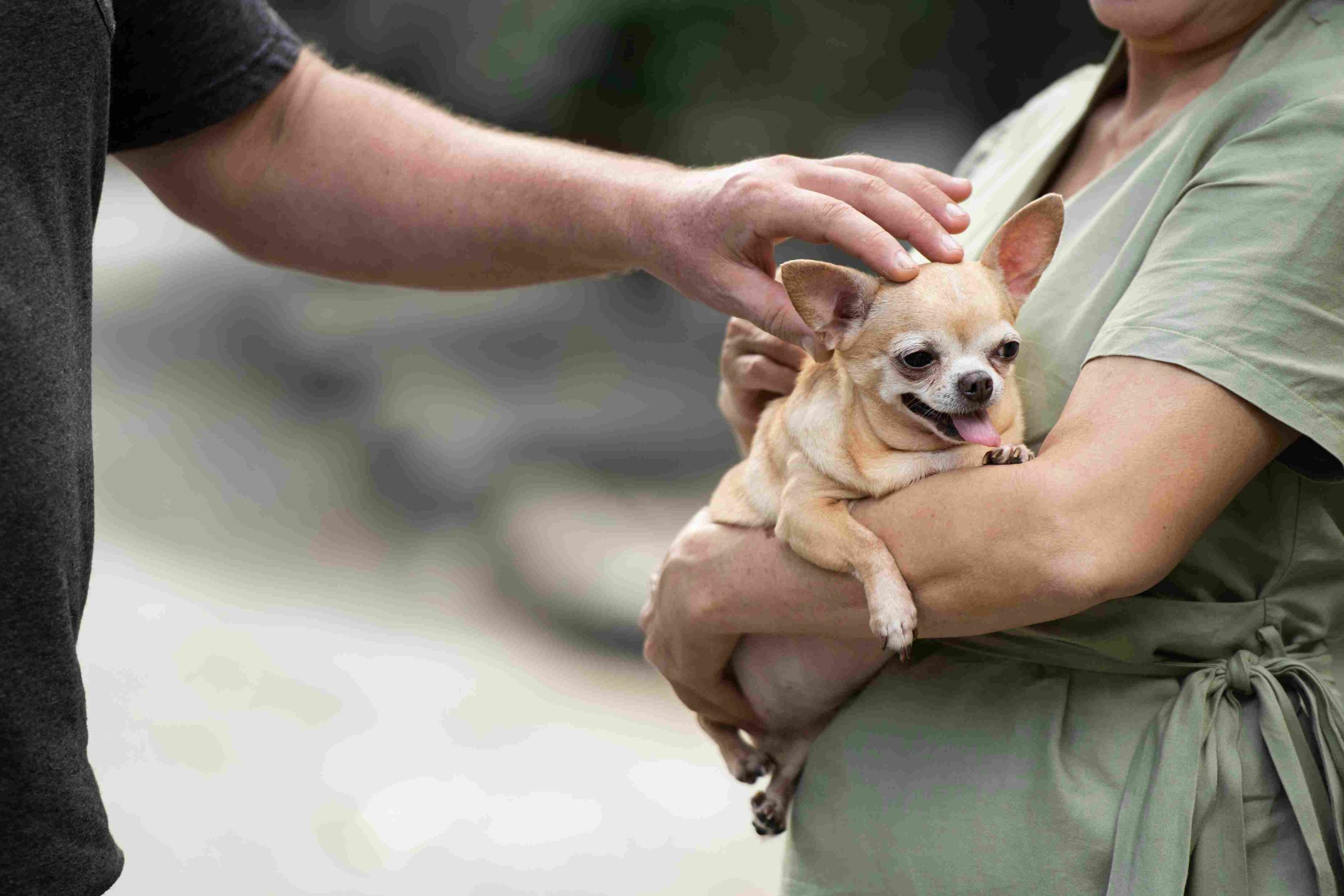Animal Rights in California

By James L. Arrasmith, Esq.
Owner & Chief Legal Counsel, The Law Offices of James L. Arrasmith
Protecting Animals Through the Law
California leads in animal protection laws, yet cruelty and regulatory issues remain. My mission is to advocate for animal welfare and protect pets and livestock. With extensive experience navigating federal, state, and local animal protection laws, I provide legal guidance to achieve the best outcomes for animals and their guardians.
Understanding Animal Law

Animal law protects animals from cruelty and neglect, balancing human and animal interests. The Animal Welfare Act (AWA) sets care standards, and states like California enforce additional protections. Attorneys play a vital role in investigating abuse, defending charges, and advocating for higher care standards.
Animal rights issues can arise in estate planning, custody disputes, or challenges to laws like ag-gag statutes. Staying informed about new developments, such as online exploitation and animal research, is essential for effective advocacy.
Companion Animals and the Law
Companion animals like dogs, cats, and horses are protected under federal and state laws. The AWA sets care standards, and the ADA ensures service animal access. In California, the Department of Animal Services enforces local laws.
Penal Code §597 criminalizes cruelty, and courts may award damages for emotional distress if a pet is harmed. Family Code §2605 allows joint or sole pet custody decisions based on the animal’s best interest, important in divorce or adoption cases.
Preventing Animal Cruelty

Preventing cruelty is central to animal law, requiring a collective effort from individuals, organizations, and agencies. In California, the Department of Animal Services investigates reports of cruelty and provides resources to those who witness or suspect abuse. The USDA enforces federal regulations to ensure humane treatment of animals in exhibitions.
Education and community outreach are powerful tools in preventing cruelty. Raising awareness through workshops, online campaigns, and public training is vital to promoting compassionate animal care.
Providing Animal Care Guidance

Proper care is crucial for preventing cruelty and ensuring compliance with animal laws. Our firm helps clients—individuals, businesses, and organizations—navigate regulations at all levels. We also assist agricultural businesses in adopting humane practices, including those under Proposition 2.
We offer training to animal care professionals and regularly host workshops to share insights on preventing cruelty and staying informed on legislation.
Why Experience Matters
Animal law intersects with criminal law, civil disputes, and property rights. Early guidance can prevent cases from escalating into criminal investigations or regulatory hearings. Our firm specializes in:

- Defending against cruelty or neglect allegations
- Handling zoning, licensing, and regulatory disputes
- Addressing pet custody, tort claims, and business compliance
- Representing clients in animal-related lawsuits
Our team combines expertise to navigate complex cases and ensure positive outcomes.
California’s Legal Framework
Penal Code §597 criminalizes animal cruelty, with penalties for offenders. Civil suits can seek damages for negligence or emotional distress. Prosecutors and animal control agencies enforce these laws, while administrative rules govern licensing and inspections for sanctuaries and rescues.
Building a Winning Strategy
- Early Investigation: Secure evidence promptly.
- Expert Witnesses: Use veterinarians and animal behaviorists to strengthen cases.
- Preventive Compliance: Conduct audits for long-term regulatory compliance.
We develop tailored strategies for positive outcomes in animal law cases.

Recent Developments
- Proposition 12 (2024): Bans sales of meat from confined animals, reinforcing humane farming standards.
- Family Code §2605: Judges can award pet custody based on the animal’s best interests, considering behavioral and caretaking evidence.
Community Involvement & Education
We collaborate with animal welfare groups to offer training and resources. Individuals need to report cruelty, as early intervention is key. We also host educational events to raise awareness of animal law and emerging issues.
Early intervention is critical in cruelty, custody, or compliance issues. Our firm is committed to protecting animals and achieving favorable outcomes for clients.
📞 Schedule your consultation today—protect your rights, your animals, and your future.

















